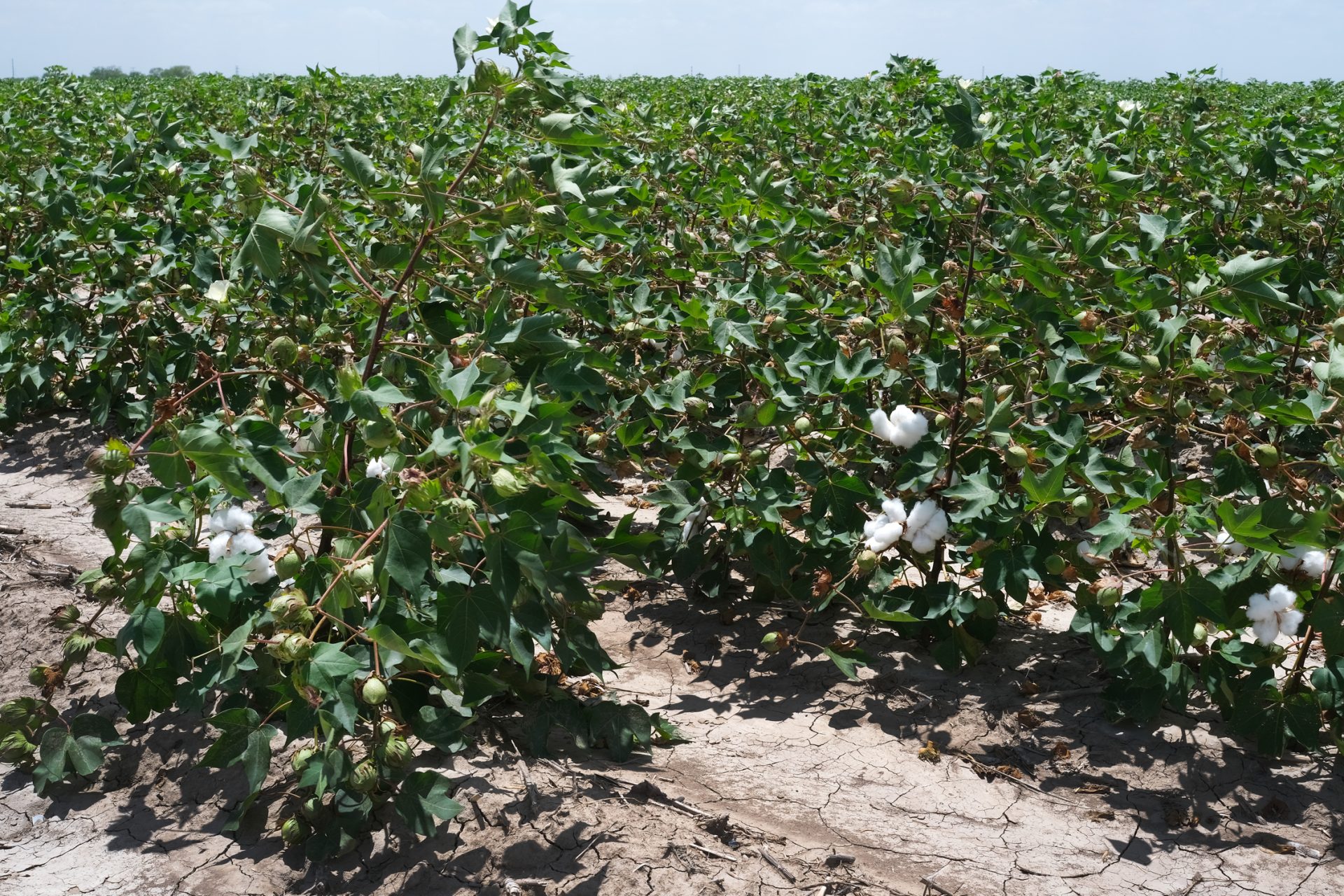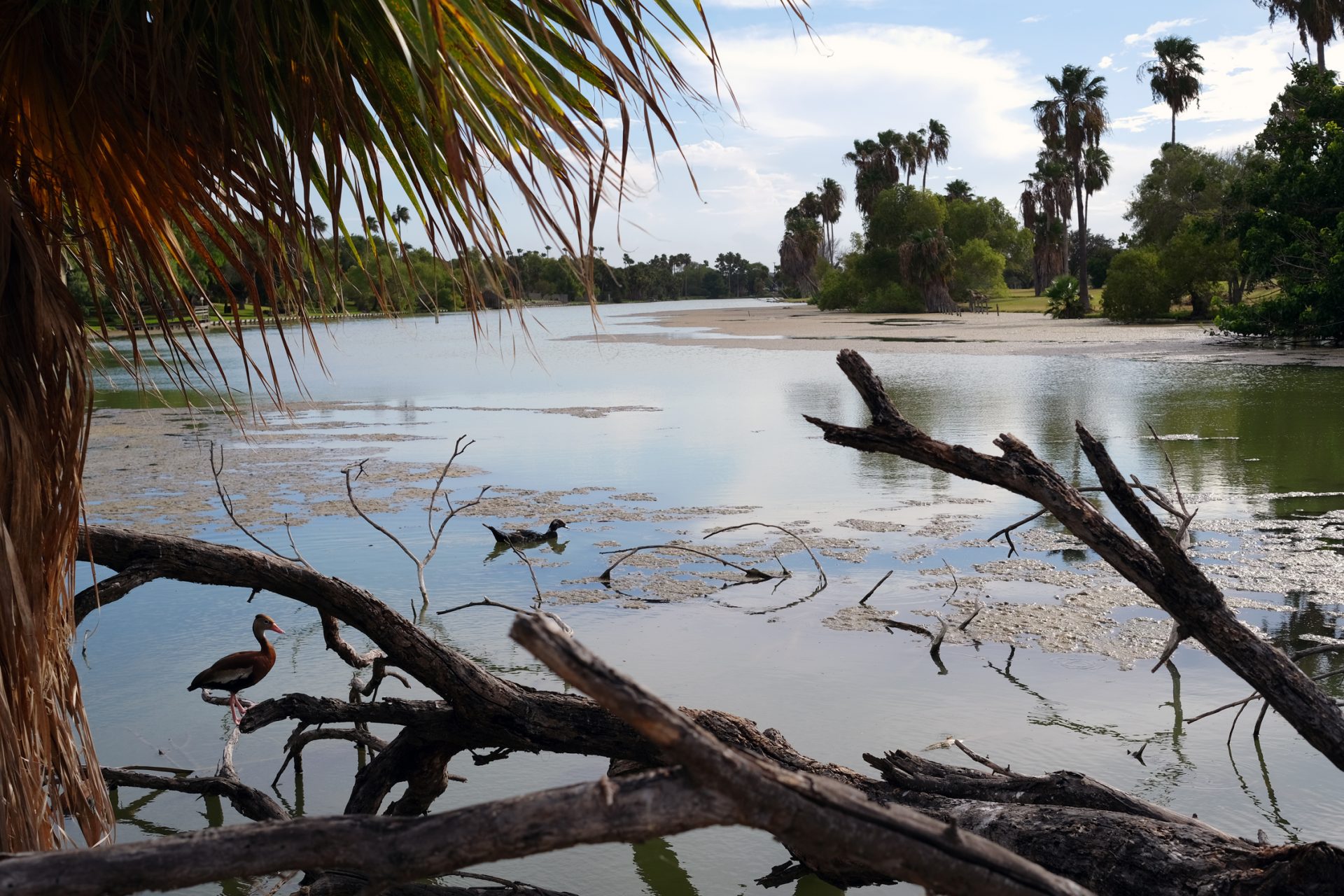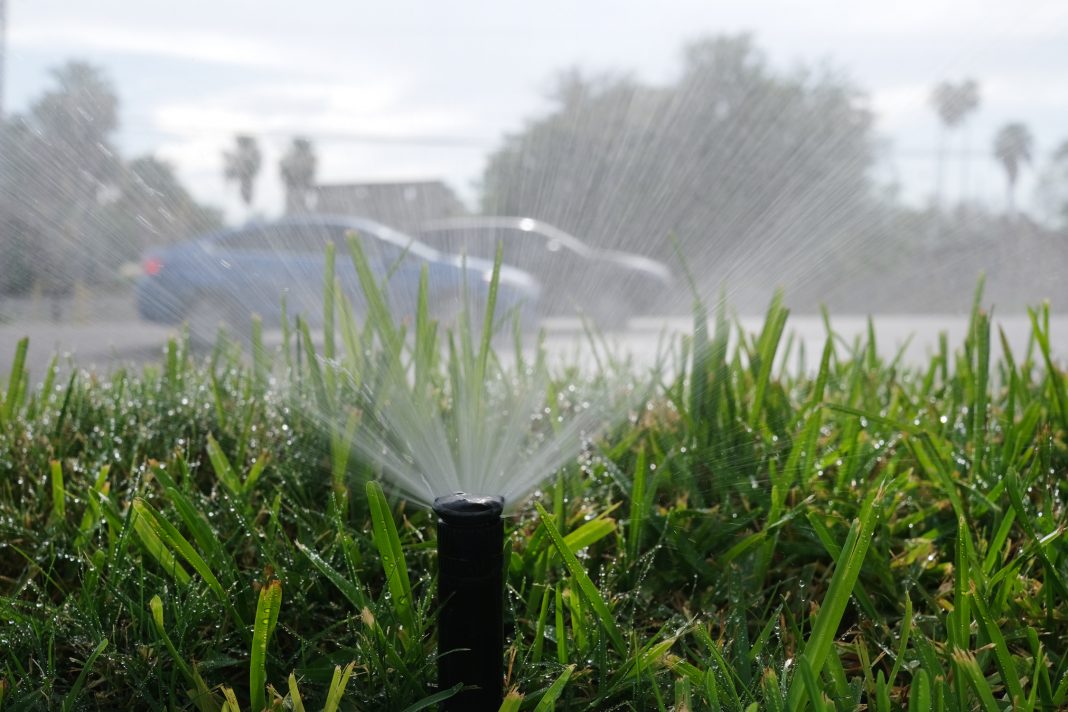The Brownsville Public Utilities Board is on the verge of implementing Stage 2 of the city’s Drought Contingency Plan due to critically low water levels in Amistad and Falcon international reservoirs, which supply water to the Rio Grande Valley.
Stage 1, automatically implemented each year on May 1, calls for customers to comply voluntarily with restrictions on landscape irrigation and discontinue non-essential water use. Stage 2 per ordinance includes all the restrictions in Stage 1 but makes them mandatory. The restrictions cover landscape irrigation and other types of water usage, including golf course irrigation, car washing, home maintenance, water leak repair and even water served to customers in restaurants.
BPUB has not had to imposed Stage 2 since the late 1990s, when the Rio Grande essentially dried up, according to John Bruciak, BPUB CEO and general manager. The goal of Stage 2 restrictions is a 5 percent daily reduction in average daily water demand and 10 percent reduction in maximum daily water demand on the BPUB system, according to the contingency plan.

Among the conditions that trigger Stage 2, or Water Shortage Alert, is when the U.S. share of water stored in Falcon and Amistad falls to 25 percent, or 834,600 acre-feet as reported by the Texas Commission on Environmental Quality Rio Grande water master. As of July 12, it was at 25.37 percent, according to the water master’s report. An acre-foot is the volume of water it takes to cover one acre in one foot of water.
Falcon reservoir is bordered by Starr and Zapata counties on the U.S. side, while Amistad is located northwest of Del Rio where the Devils River meets the Rio Grande. If next week’s water master report indicates water storage below 25 percent and BPUB moves ahead with implementation of Stage 2, complete details on the public impact will be forthcoming from BPUB, Bruciak said.
“We’re going to monitor it really close,” he said. “We’re not there yet but we’re pretty close.”
The drought conditions of the late 1990s spurred development of BPUB’s 10-million-gallon-per-day Southmost Water Authority desalination plant, the city’s insurance that it will never completely run out of water, and once again the river’s flow has slowed to a trickle, Bruciak said.
“One thing that’s a concern is the resacas,” he said. “We’re not able to put anymore water in them right now because there’s no water in the river.”

Bruciak said he briefed BPUB’s board and Brownsville Mayor Trey Mendez on July 11 that “we’re getting dangerously close to Stage 2.” If the drought persists long enough that the U.S. share of reservoir water storage falls to 15 percent it will trigger Stage 3, or Water Shortage Warning. BPUB has never had to implement Stage 3, which imposes penalties on customers for water usage over specified levels, Bruciak said.
“We certainly don’t want to get into Stage 3 if we can help it,” he said.
Acknowledging the lack of any rainmakers in the near-term forecast, Bruciak said it’s not just lots of rain that’s needed but lots of rain in the right places.
“That water has got to come in above the reservoirs to make any kind of difference,” he said. “If it rains here in Brownsville it doesn’t do much.”




